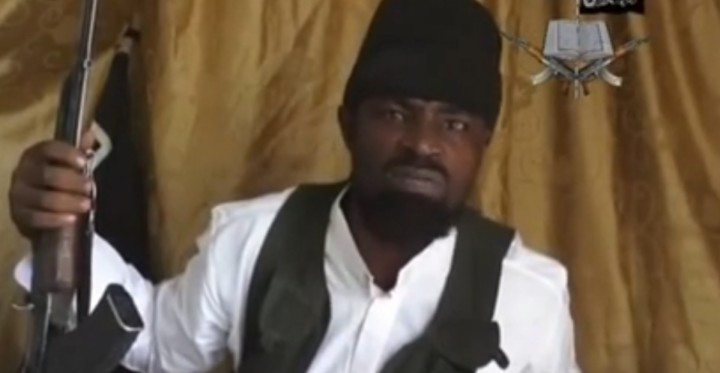What Boko Haram's Baga seizure and its 'enormous significance' means for Nigeria

When militants from Boko Haram entered a key multinational military base in north-eastern Nigeria on Sunday 4 January, it completed a regional triumph for the extremist militants.
Through a brutal campaign of violence, the al-Qaeda-linked group has wreaked havoc in Nigeria and is now in de-facto control all of Borno state's borders with Niger, Chad and Cameroon.
The loss of the base and the town of Baga is a major setback for Nigerian President Goodluck Jonathan, who faces elections in February amid a deteriorating security situation in the country.
Baga and the nearby base, which had been occupied by the Multi-National Joint Task Force, consisting of troops from Chad, Nigeria and Niger, were the last areas in northern Borno that were under government control.
The seizure of the border crossings could potentially open up supply routes for the group, as it seeks to boost its recruits and arms supply.
"The capture of Baga is of enormous significance," security analyst Abdullahi Bawa Wase told AFP news agency. "It has put a lie to the Nigerian government claim that it is on top of the situation. It is a serious symptom of defeat on the side of the government."
Daily attacks carried out
The militants have attempted to seize the town and the base on a number of occasions and it has carried out daily attacks in towns and villages close to the territory it controls.
Boko Haram promotes an interpretation of Islam that prohibits Muslims from taking part in political or social activity linked to Western culture. The group wants to carve out an Islamic State in north-eastern Nigeria and regards the central state as an enemy.
The constant attacks and the capture of the base raise questions about Nigeria's ability to defeat the group militarily, while casting doubt over the ability to hold elections in the country's north-eastern states.
Analysts have said the idea of hosting elections in Borno state looks increasingly unlikely, while attacks in the adjoining states of Yobe and Adamawa have raised concerns over the viability of votes taking place.
If all three states did not vote, it would mean around 5.6 million Nigerians would be frozen out of the democratic process.
The main opposition party has already questioned the validity of any election if tens of thousands are prevented from attending the elections.
Serious questions need to be answered
Meanwhile, the nature of the fall of the military base has raised serious questions about Nigeria's ability to engage its neighbours in the fight against Boko Haram.
The base near Baga was effectively abandoned after it came under attack on Saturday 3 January, according to local reports. Citizens from Baga town also fled their homes once they saw soldiers fleeing through the streets of the town.
The collapse of the multinational forces could leave others less willing to join Nigeria's military push against the militants. Indeed, the post was supposed to have been supported by key Western allies but was abandoned after coming under attack.
The seizure leaves Boko Haram in control of much of Borno state and its fighters have now effectively encircled the capital city of Maiduguri.
The city would be a key strategic prize for the group, which was formed there in 2002.
© Copyright IBTimes 2025. All rights reserved.






















